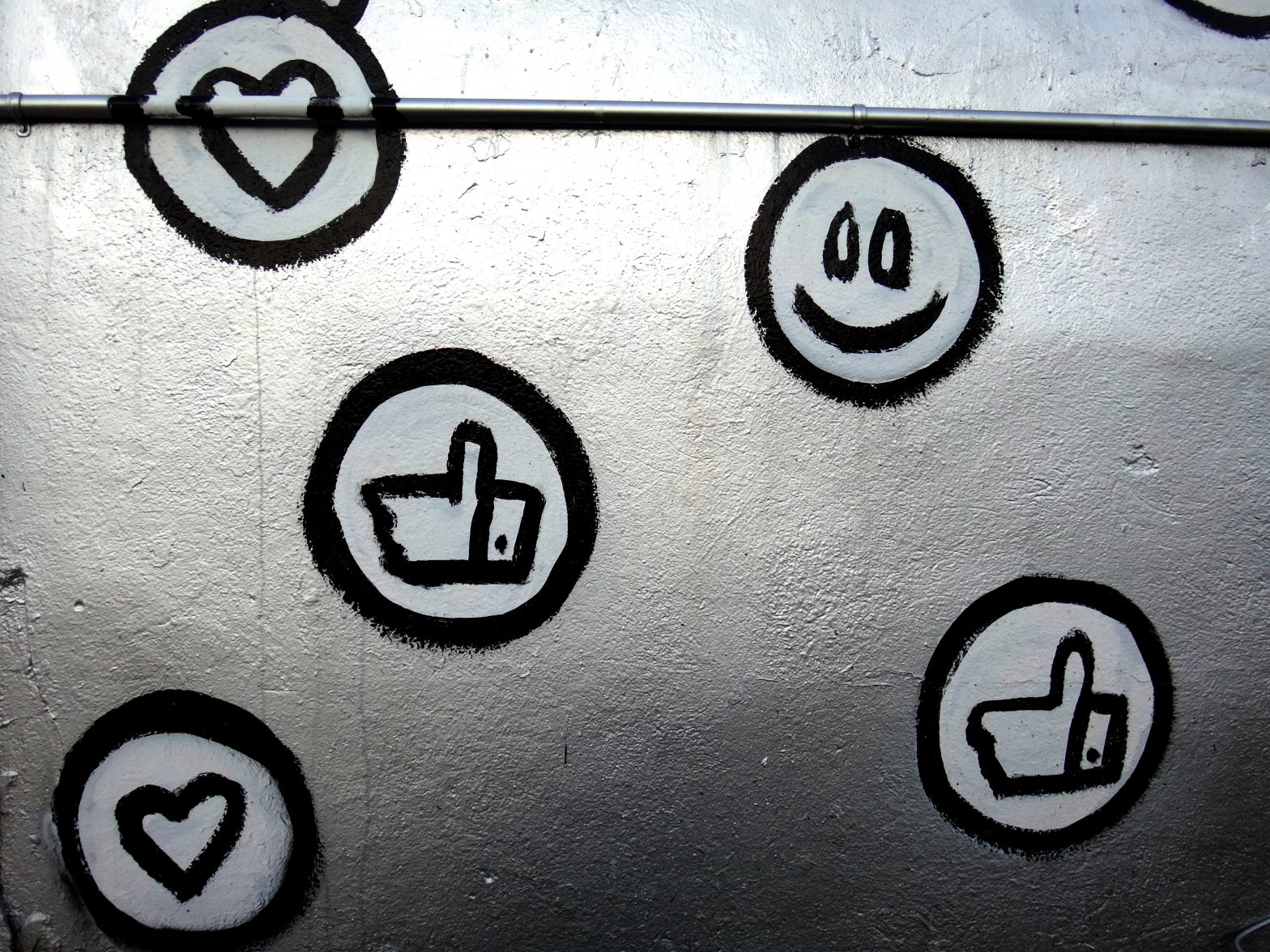I recently “took the plunge” and removed the Facebook app from my mobile phone. Frankly, I’d read simply too much about Facebook “listening in”, and decided it was time to curb this habit and see what happened. What happened next was enlightening, and sparked an interest in how to slowly curb this mindless habit.
What happened first
As early as the day I removed the Facebook app, I felt the pang of loss. I counted myself wanting to open Facebook 5 times that day, alone. Each day, I felt this same pang, and have felt it get less and less with each passing day. This was a pretty tough habit to kick!
I usually check Facebook and Instagram together, so was able also to identify the same habit with Instagram.
Scroll obsession
Daily, when opening Facebook, I imagine our most common behaviour as humans is to mindlessly scroll. We’re not really achieving anything, building anything new, or finding out any information we probably didn’t already know or suspect… we’re scrolling. That’s it. At some point, Facebook will show us an advert in our scrolling, and we’ll be subconsciously primed to purchase or develop an interest in that product.
Facebook is essentially programming us on how to think, what to like, and how to consume information and make purchasing decisions through their influence, rather than through using our own intelligent thought.
Evaluating social media
While I find small snippets of value in Facebook, I feel it’s increasingly more difficult to shape the app to suit your personal needs, especially without seeing nonsense advertising or “promoted posts” for things I “may like” because “someone I know likes this thing”.
Instagram, however, is a little more flexible. I began by shaping my Instagram feed using a few criteria; friends and family, topics I enjoy (music, dogs), and positivity and inspiration posts. Through carefully balancing the accounts I follow, I’m able to open a social media app, and curb the addiction by viewing great positivity and inspiration, enjoying the goings on of my friends and family, and smiling at cute dogs, while also scrolling through my social media in a visual manner (preferred to purely text), and knowing when it’s been a little too much (once I’ve scrolled through stories and had a quick scroll on the timeline, I’m done). I share more to Instagram than to Facebook, so getting rid of Instagram is going to take a little while longer.
The future
Ideally, I’d love to get rid of WhatsApp as well. Anything connected to Facebook is most likely listening in at some stage, and apps like Telegram are generally strictly better than WhatsApp, more private, and encrypted, which are great assets in a communications tool. The challenge here is getting friends and family to switch over, slowly.
I also limit the number of networks I join and use on my mobile phone. Keeping this kind of engagement at the laptop level is ideal for me, as I don’t do anything social on my laptop really (mostly work), so I find I just “stop checking social media” if it’s confined to my laptop. I’d phrase this as “knowing the levers to pull to curb the addiction”, and “knowing yourself”. I know I don’t do social media on my laptop, so removing the app from my phone is the same as removing it from all devices. Win!
If you find you need to replace a habit, wait it out for a few days. The habit will go away. If it doesn’t, try replacing that habit with something with a clear direct benefit to yourself (eg: a breathing exercise, reading, quiet space, etc). I’ve found this works well, for me, and have spent a lot more time reading fiction lately.
Final thoughts
A key final thought which sticks with me, a lot, is a quote which defines Facebook, for me. If you’re not purchasing the product, consider for a moment that you may be the product.
Photo by George Pagan III on Unsplash


Leave a Reply